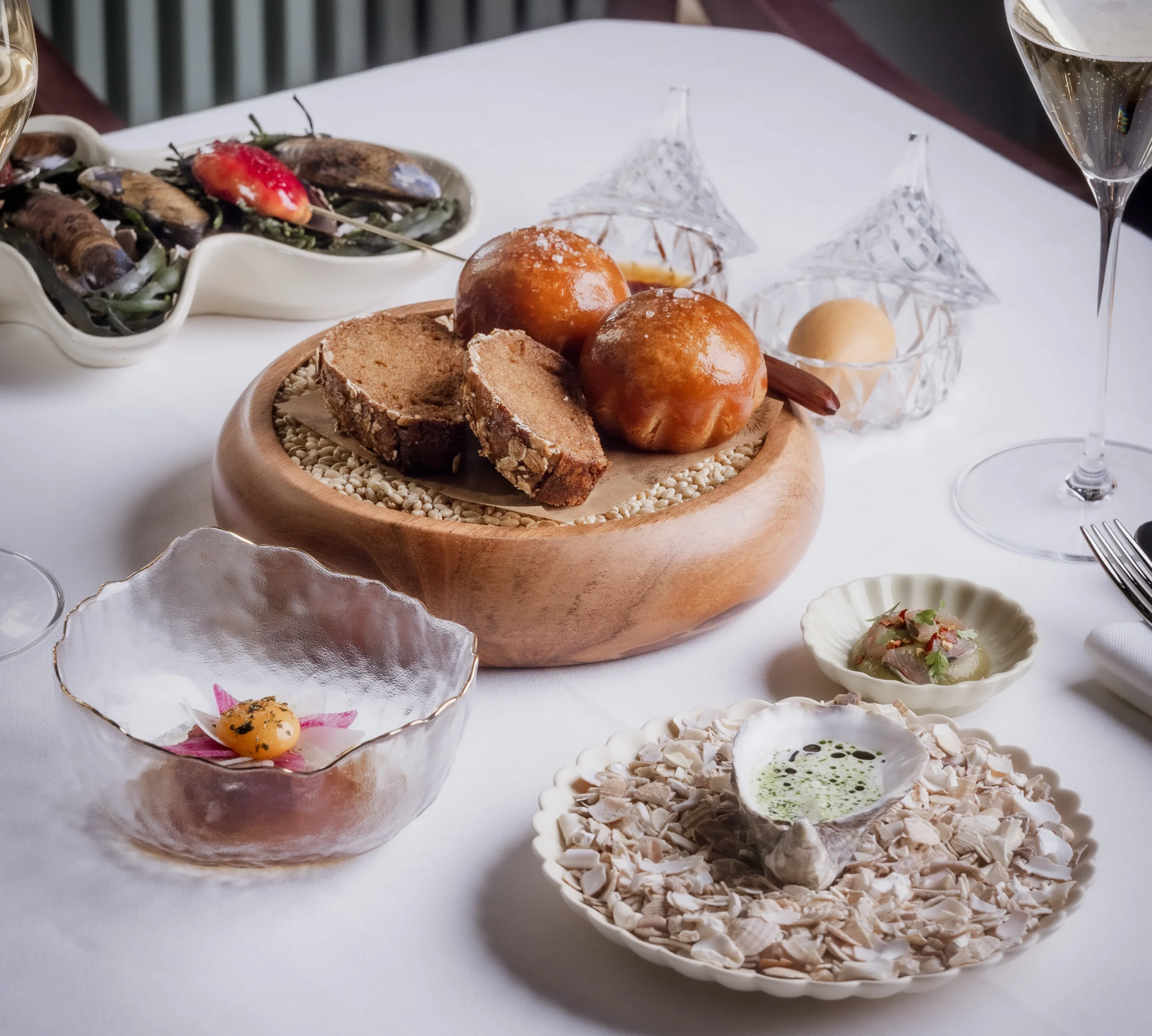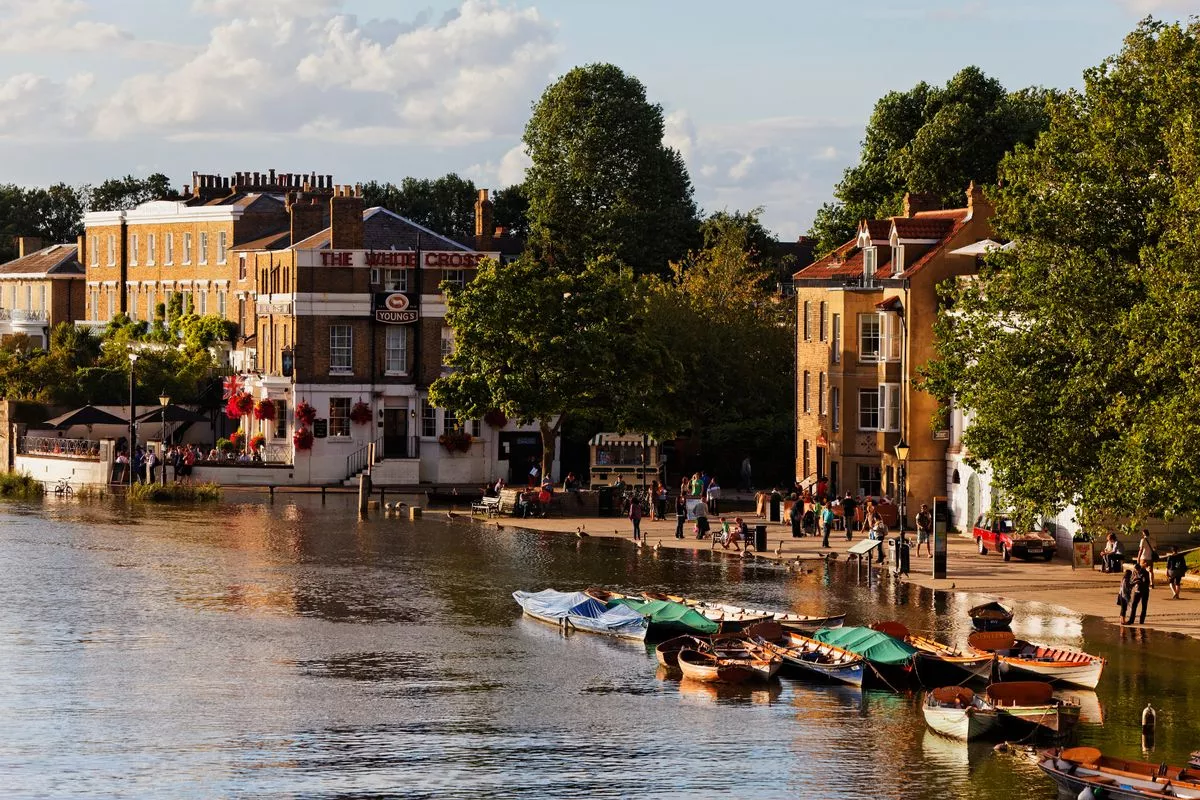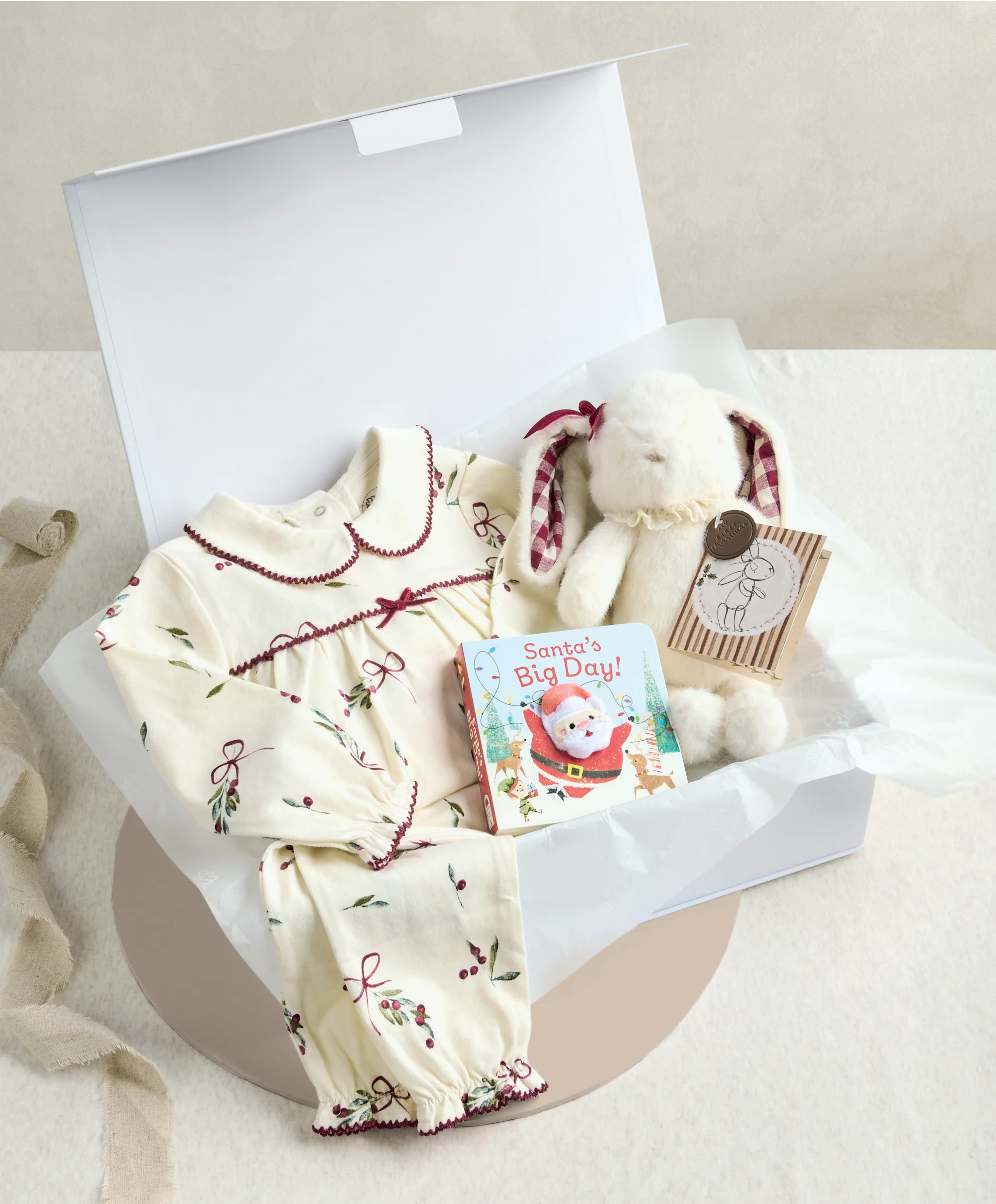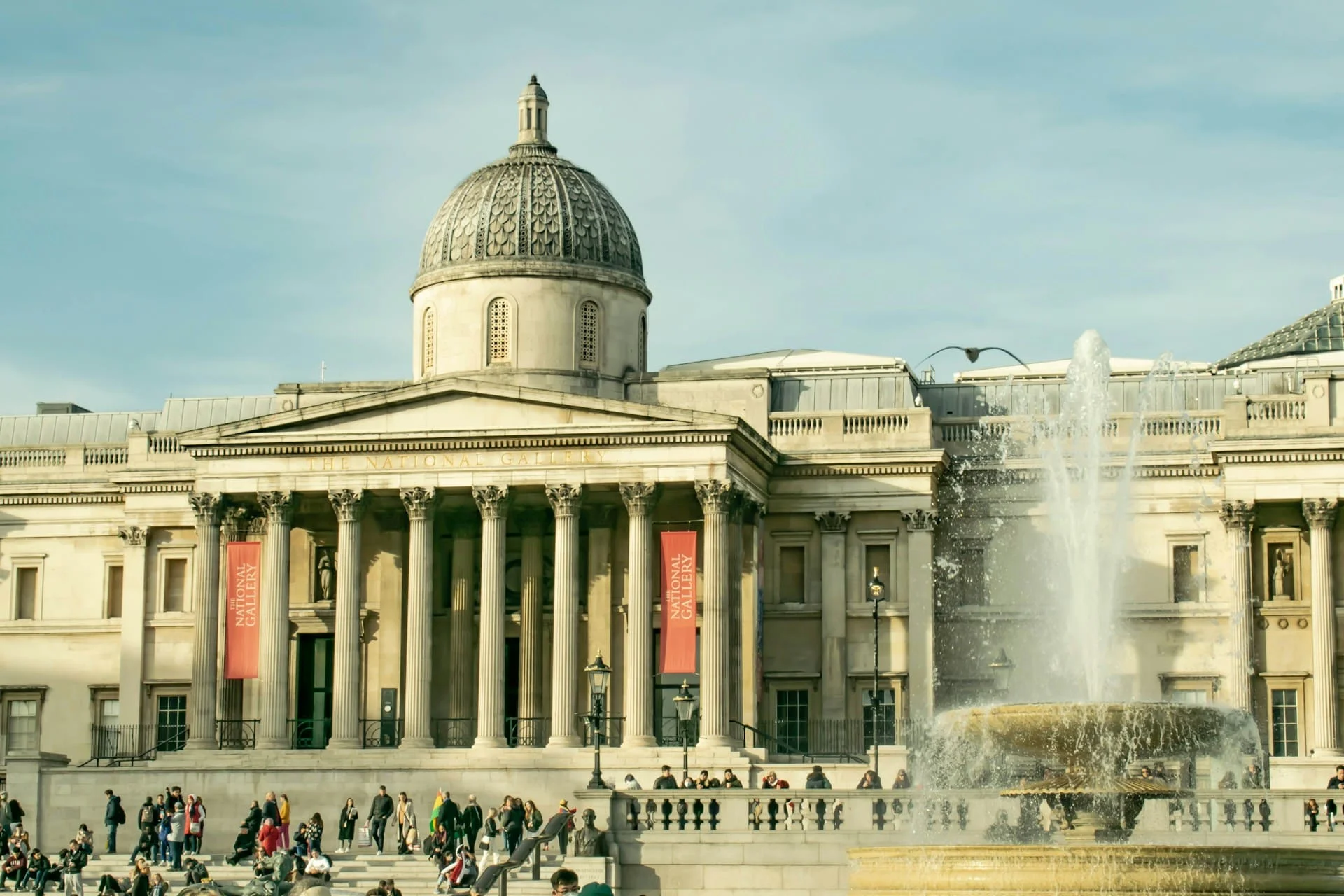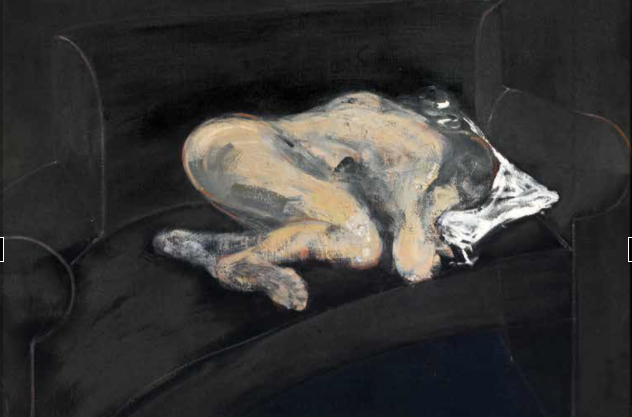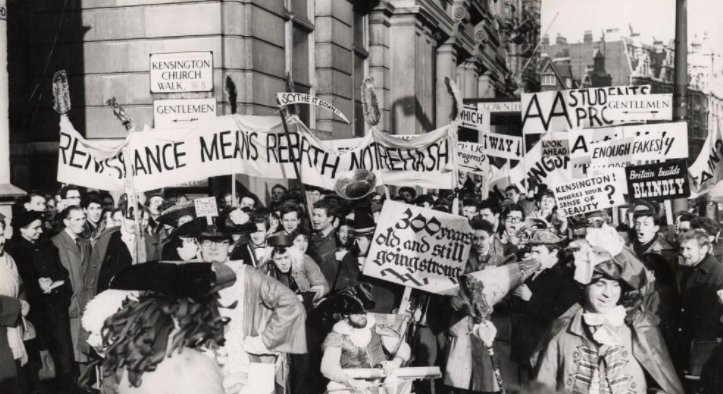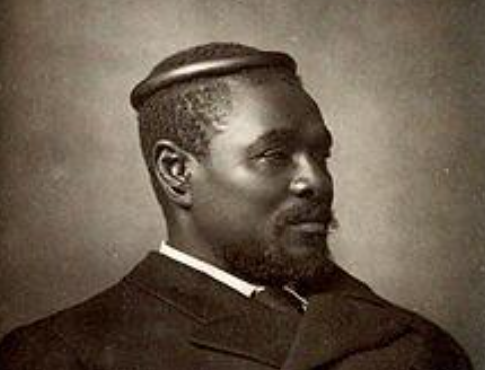Read the Room
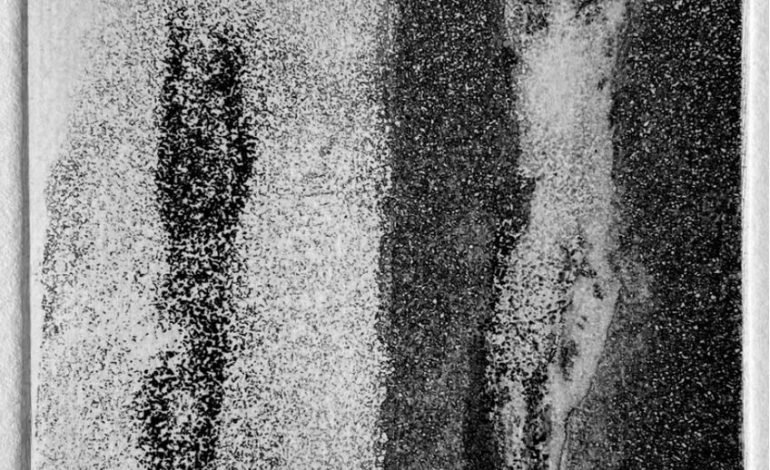
by Sophie Pretorius
There are, surprisingly, still some limits to people’s enthusiasm, to pay for the privilege of having hollow and imprecise accusations levelled at them. Especially when they have been lured to the site of the accusation, slinging with the promises of a party, then asked to spend even more of their money. Perhaps it is a good thing when these limits are made obvious.
The Royal Academy summer show has had pretty awful reviews this year, in as much as reviews are currently allowed at all to be negative. The Art Newspaper goes as far as to call the show ‘liberal self-flagellation’, a little rich for my tastes. I cannot say the work in this year’s summer exhibition performs this flagellation with any less gusto than in previous years, but it appears to have struck, or not struck, a nerve. Perhaps the theme, ‘Climate’, one not easily tied to identity, allows a degree of emotional distance, which makes the Emperor’s new clothes of the art world look a little threadbare. The theme was chosen by exhibition coordinator Alison Wilding, RA, and the artworks submitted in response to this theme, are desperately, painfully literal, with probably over half the submissions falling into the sky/plant/pile of rubbish up categories. This seems to be more the case for younger artists, and members of the public outside art-stream success, and has left them looking immature and decorative. As is always the case, the older, more established artists, many of them Royal Academicians, have submitted whatever they had ready, near the deadline. In these cases, the word ‘climate’ reveals its utter lack of actual meaning as a theme, in being applicable to literally anything.
I am not unsympathetic to the nightmare task of uniting over 1400 distinct artworks under one umbrella, nor to the task of being capital ‘A’ Acceptable, in the way the Royal Academy demands; that is, a curious balance of worthy, indulgent, playful, educational, open, high-minded, and socially conscious. Whatever nail Yinka Shonibare hit, with resoundingly apparent aplomb on the head last year, with his ‘Reclaiming Magic’, Wilding and the art-creating public bafflingly missed with ‘Climate’.
It seems critics have reserved their limited praise for this show to the solemn and tediously chastising pseudo-documentary works about pollution. For example, John Gerrard’s flagpole belching out black smoke in place of a flag, simulated digitally (obviously, and obvious full stop) has been a belle of this ball. Of course, art made with injustice and catastrophe in mind has produced some of our greatest articles of human expression, but somewhere between the boring, tongue in cheek prints, which shout, ‘too hot baby’ and the compressed rubbish behind glass, one begins to wonder if this show will ever be an arena for new work of a consistently high quality, or if that is a naïve and pathetic thing to hope for.
Interestingly, there is a cash bar in the middle of the show. As my friend astutely pointed out, that appears to have worked, there are little neon stickers all over the place, which denote a sale. As is always the case, the Royal Academy Summer show is great fun despite its attempt to rain on its own parade. It is fun because it has the air of a jumble sale, you have to dig through a lot of other people’s rubbish to find the things that you like and can afford. What it does better than any other platform, is introduce ever more members of the public to the idea that they could own art. Its other great social function? provision of a little negative encouragement; ‘If this is on the wall at the Royal Academy, maybe my stuff is better than I thought’. More than anything, it makes you fall in love with prints as a medium, all over again, and not just because of their prices.
My favourite part of the whole show is the little section in Gallery IV, curated by Grayson Perry, which contains, in my opinion, the best thing in there: number 508, We Surrender by Peter Freeth, RA. Three by four inches, it contains more gravitas than the whole rest of the show combined, and, coming from a series concerned with Freeth’s relationship to his Parkinson’s disease, has nothing whatever to do with the brief.
Image: We Surrender by Peter Freeth, RA



